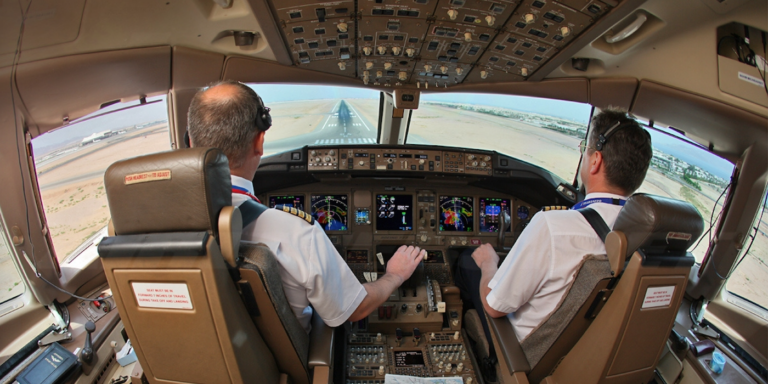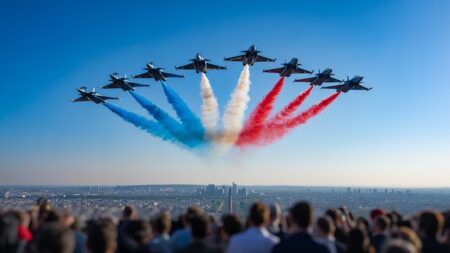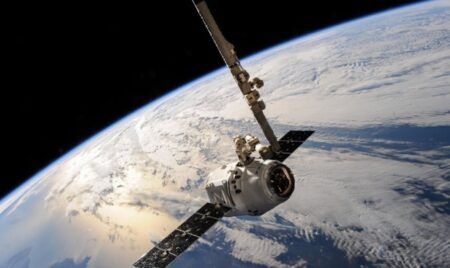We need strong, harmonised, and mutually accepted rules on how to operate safe flights with Covid present in our societies
European Member States currently have a patchwork of different approaches, rules and health measures, which are not harmonised and are difficult to fit together. These hurdles can only be overcome by a coordinated approach, as other safety rules in aviation are coordinated. In particular, states need to determine if incoming passengers have any greater risk of importing Covid than of acquiring it in their own territories. If this risk is no higher, arrival restrictions will achieve little. Having standardised, evidence-based measures applied and accepted by all will help achieve this. Rigorous and well-designed pre- or post-flight screening methods, passenger information, and common levels of disease prevalence and suppression between countries could all help mitigate risks until effective treatment or vaccines become available.
There is no doubt that an aircraft is a very safe space for passengers, with filtered and regularly replaced air. But the equipment that enables this must be fitted and serviceable, and cleaning and disinfection schedules mandated. To properly implement risk mitigations that support this, airlines need to ensure that their front line staff are trained, provided with personal protection equipment, and given sufficient time and resources for cleaning and disinfection of aircraft.
The pilot mentality is to always seek the safest possible solution. This case is no different and pilots are looking for the EU, its Member States and their scientific communities to guide us with sensible and harmonised measures to navigate air travel through this crisis safely.





